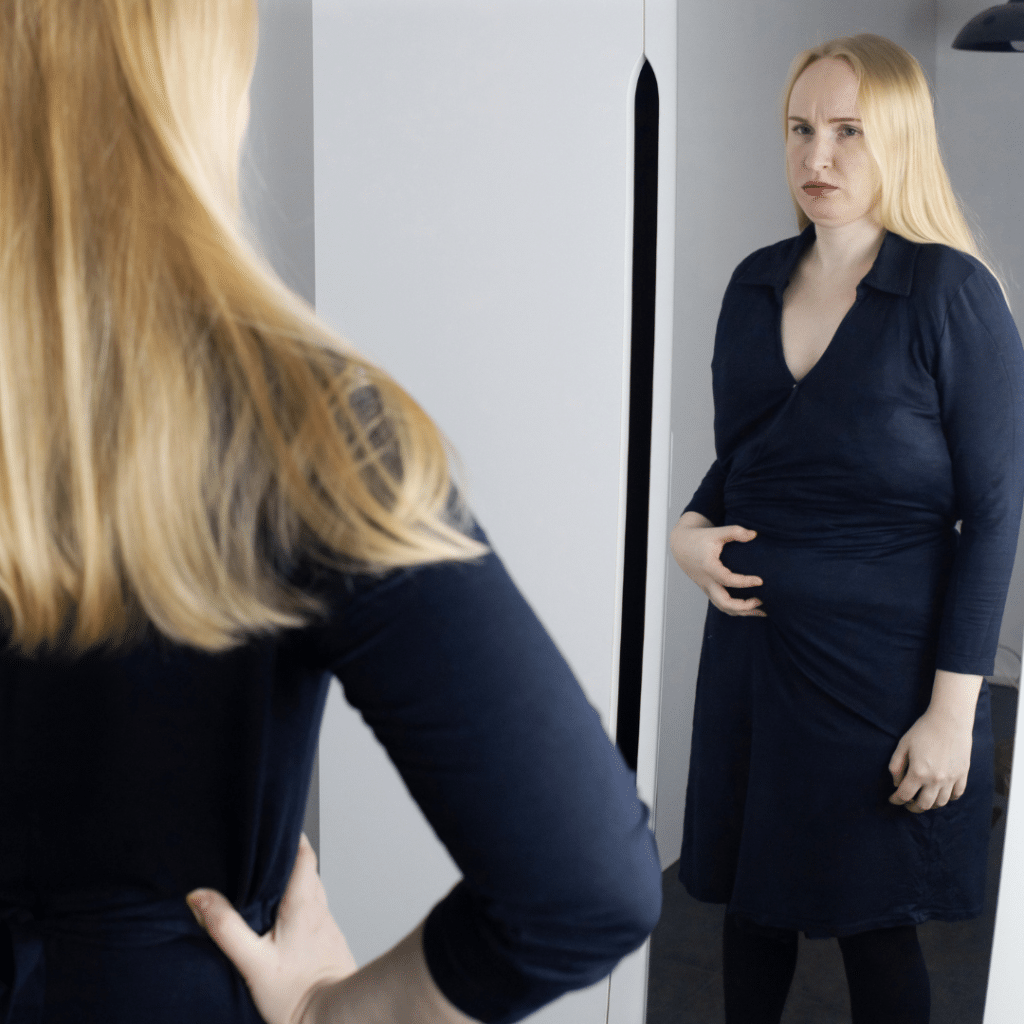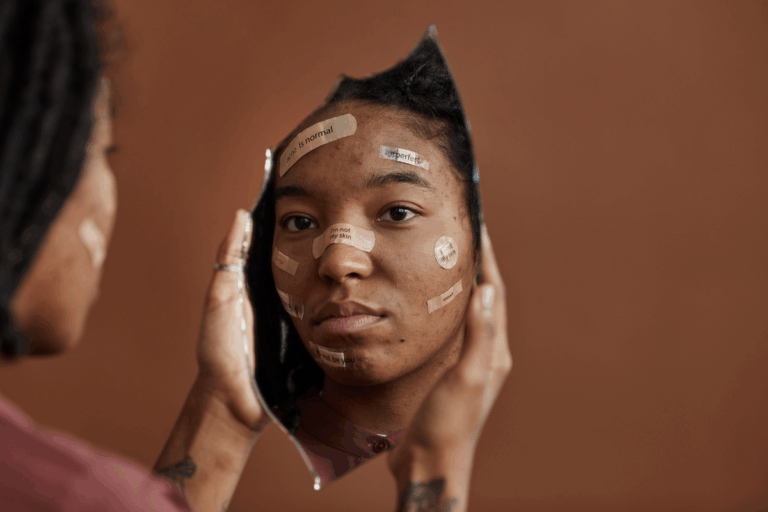Why are Eating Disorders both Mental and Physical Health Problem?
Maddison Henley PA-C

When it comes to eating disorders, there’s no tidy box you can place them in. They’re a bit like a tangled set of headphones; it’s difficult to find where one thread ends and another begins. Are they a mental health issue? Absolutely. Do they wreak havoc on physical health, too? Without a doubt. But let’s dig a bit deeper and see why these conditions cross the divide between mind and body.
Inside the Mind

Underneath the surface, eating disorders are often combined with psychological issues. We’re talking about the underlying psychological concerns that accompany anorexia, bulimia, and binge-eating disorder—conditions that twist a person’s self-image and may create a fear of weight gain. People battling these disorders often find themselves caught in a web of obsessive thoughts and feel compelled to act in ways that are harmful to their well-being, signaling a profound psychological struggle. They might also have a distorted perception of their body due to these thoughts. These internal battles can lead to irritability with others, anxiety about eating in public, and feelings of isolation.
Effects on the Body
What happens in the mind doesn’t stay in the mind—not with eating disorders. They have a direct impact on the body, leading to nutritional deficiencies, electrolyte imbalances, and sometimes, dangerous health complications. Malnutrition can lead to heart problems, bone density loss, and many other complications. In bulimia nervosa, there are often gastrointestinal complications and potential dental decay. These are just a few examples of the physical dimension of eating disorders: a clear sign that these conditions are more than just a state of mind.

A United Front on Treatment

Recognizing that eating disorders have both mental and physical sides calls for a treatment plan that covers all bases. Restoring a person’s health might involve medical treatment to get nutritional needs back on track, and at the same time, psychological therapy is critical for dealing with the mental whirlwind that propels the disorder.
It’s now widely accepted within the healthcare community that eating disorders can’t be shoehorned into being either a purely mental or physical issue. A combined team of doctors, therapists, and nutrition experts often bands together to tackle these complex conditions, each bringing their expertise to the table.
Closing Thoughts
Trying to categorize eating disorders as strictly mental or physical misses the larger picture. They are a complex interplay of both spheres, presenting a challenging but essential puzzle for those affected and the professionals who support them. Connecting with healthcare providers who grasp the dual nature of these conditions is key for individuals on the path to recovery as they can work with a multidisciplinary team to aid in patient recovery.
So, if we circle back to our tangled headphones analogy, eating disorders require patient and careful attention to detail to understand and manage—piecing apart the intricate connections between mental and physical health to move towards healing.
Responsibly edited by AI
Other Blog Posts in
Animo Sano Psychiatry is open for patients in North Carolina, Georgia and Tennessee. If you’d like to schedule an appointment, please contact us.
Get Access to Behavioral Health Care
Let’s take your first step towards. Press the button to get started. We’ll be back to you as soon as possible.ecovery, together.




